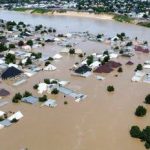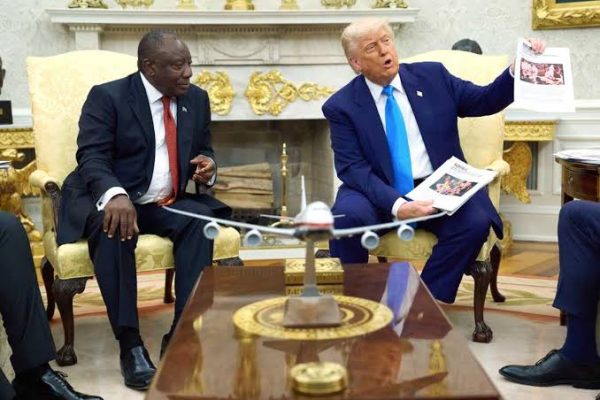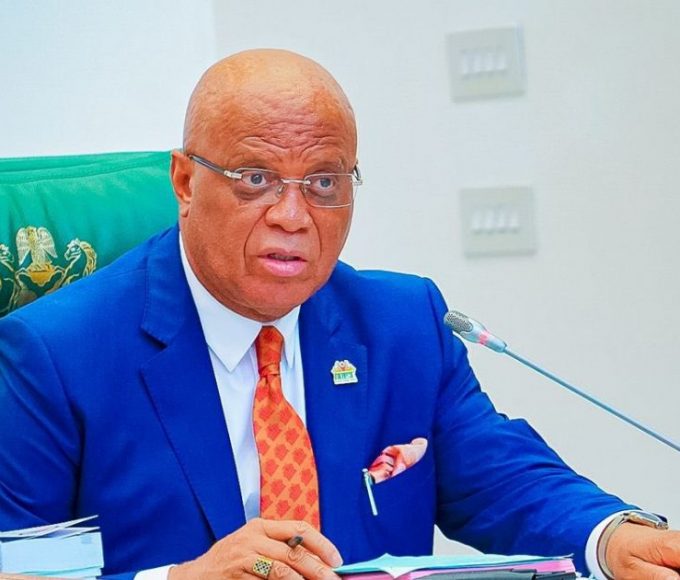
Nigerian government’s ‘soon’ that never comes

In the ever-repeating narrative of Nigerian politics and governance space, promises of a better future has become a recurring theme, echoed by successive administrations.
President Bola Ahmed Tinubu’s recent assurance that Nigerians will ‘soon’ reap the benefits of the “tough but necessary decisions” adds to the long list of pledges made by leaders who, despite their best intentions, seem unable to break the cycle of perpetual challenges faced by the nation.
The removal of the fuel subsidy, a decision touted as a crucial step for economic reforms by the current administration, is just one example of the tough choices that leaders assert are indispensable for the nation’s progress.
President Tinubu, while addressing the South-South Monarchs Forum on Tuesday, commended their understanding of the approach to these economic reforms.
However, the history of such reforms in Nigeria suggests that citizens are often left grappling with the immediate consequences while waiting for the promised benefits to materialise.
Former President Muhammadu Buhari, in a recent public appearance, offered an apology for the hard decisions taken during his tenure, acknowledging the sacrifices made by the Nigerian populace.
His statement reflects the broader sentiment that successive governments have made tough choices, but the enduring problems persist or, in some cases, worsen.
The promises of economic revival, environmental restoration, infrastructure development, and improved security are familiar refrains in the rhetoric of Nigerian leaders.
However, the actualisation of these promises seems to be an elusive goal. The cycle of hope, anticipation, and subsequent disappointment has become deeply ingrained in the Nigerian political landscape.
One cannot overlook the complexities and challenges that leaders face in steering a diverse and populous nation like Nigeria.
Economic instability, corruption, insecurity, and environmental degradation are formidable issues that require strategic and sustained efforts to overcome. Yet, the question remains: why do these challenges persist or escalate, despite the tough decisions and promises of improvement?
Part of the answer lies in the inherent complexities of governance, where short-term decisions for immediate gains may not always translate into long-term, sustainable development.
Additionally, the lack of continuity in policies and projects across successive administrations often hampers the cumulative impact needed for significant progress.
It is crucial for leaders to recognise that the resilience of Nigeria’s challenges demands more than short-term fixes. A holistic and collaborative approach, with a focus on continuity in policies and projects that transcend political tenures, is essential.
The involvement of the citizens, civil society, and traditional institutions, as emphasised by President Tinubu, can contribute to a more inclusive and effective governance structure.
As the nation looks to the future, it is imperative that leaders move beyond rhetorics and embrace a sustained, transparent, and accountable approach to governance.
Read more: “GDP will increase to 3.5% in 2024”- NESG
About The Author
Related Articles
Cotê D’Ivoire: Thousands Rally in Abidjan as Opposition Demands Electoral Reforms Ahead of October Election
Thousands of opposition supporters gathered in Abidjan on Saturday, May 31, to...
ByJoy ChukwuJune 1, 2025André Onana: Now is the time for Man United’s first-ever African goalkeeper to leave Old Trafford
André Onana’s Manchester United career has been a rollercoaster with more lows...
ByIvo OkekeMay 29, 2025Ghana: John Mahama Slams Trump For Attack On Cyril Ramaphosa, Says Africans Must Stand Together
Ghana’s President John Mahama has strongly criticised U.S. President Donald Trump for...
ByConfidence UbaniMay 28, 2025Defection: Akwa Ibom Governor, Umo Eno Orders Cabinet to Join APC or Resign
Akwa Ibom State Governor Umo Eno, has instructed all cabinet members to...
ByOluwasegun SanusiMay 24, 2025











